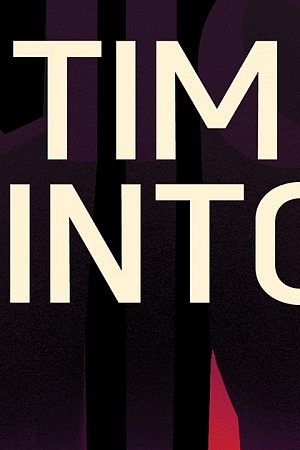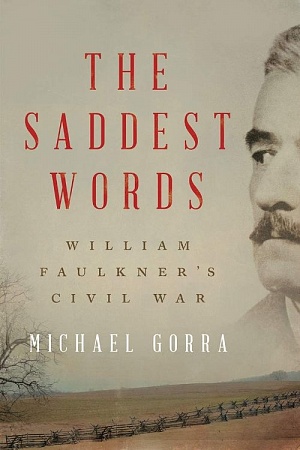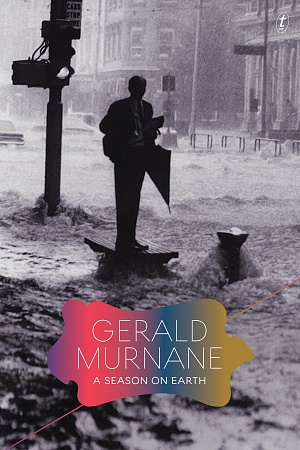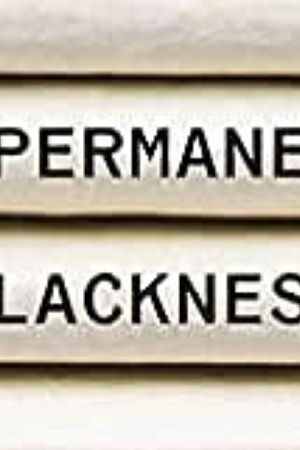Demon Copperhead
Allen and Unwin, $32.99 pb, 548 pp
‘A four-star shit show’
The dedication in Barbara Kingsolver’s new novel reads ‘For the survivors’, and its epigraph is taken from Charles Dickens’s David Copperfield (1849), to which Kingsolver’s title pays a sly homage. Her book is a self-conscious reworking of Dickens’s famous novel about an orphan making his way in the world, with Kingsolver’s treatment being narrated by a boy born as Damon Fields in Lee County, Virginia. He acquires his nickname partly from the colour of his hair and partly from the venomous copperhead snake, and after losing his father and mother he finds himself thrown back on his own resilience and talents to keep moving forward. There are many structural parallels with Dickens’s novel – the malevolent Uriah Heep, for example, morphs here into a similarly sinister figure known as ‘U-Haul’ – but these literary allusions never become too intrusive, and Kingsolver’s novel is robustly realistic in its general demeanour.
While Dickens is the most direct model, Demon Copperhead has an iconoclastic hero whose colloquial, first-person style may put the reader more in mind of classic American fictional rebels such as Mark Twain’s Huckleberry Finn or Saul Bellow’s Augie March. Just as Huck Finn mocks the Sunday school axioms of the Widow Douglas, so Demon mocks clichés about ‘bad choices’ delivered by the department of social services, while resisting their bureaucratic method of ‘rotating and merchandising foster boys’. Demon develops instead a sturdy self-reliance that enables him to survive the poverty of a trailer house, various forms of abuse by his stepfather and other relatives, and also a crippling knee injury that ends his promising high-school football career. Despite these setbacks, he always seeks to avoid being categorised as ‘Poor Demon’ or defined by adults: ‘What if I was depending on the Miss Barkses of this world,’ he asks, ‘instead of my own bad self?’
For Australian readers, this rejection of ‘Mom-assigned names’ and an eagerness to reinvent personal identity might seem culturally alien. Though Demon is interested in the hybrid ‘Melungeon’ blood that he inherited from his father, there is little sense here of acquiescing in tribal or ancestral loyalty. Instead, he admires chameleons such as ‘Snoop Dogg’ or ‘Scarface’ who do not ‘stick with the name they start out with’. This power of invention is reflected in Demon’s ultimate career success, which comes from his skill in drawing cartoons. Such artistic expertise enables him to devise imaginary superheroes that strike a chord with newspaper readers and thus to escape from the confines of Lee County, which he describes as ‘a place where you keep living the life you were assigned’.
Continue reading for only $10 per month. Subscribe and gain full access to Australian Book Review. Already a subscriber? Sign in. If you need assistance, feel free to contact us.















Comment (1)
Leave a comment
If you are an ABR subscriber, you will need to sign in to post a comment.
If you have forgotten your sign in details, or if you receive an error message when trying to submit your comment, please email your comment (and the name of the article to which it relates) to ABR Comments. We will review your comment and, subject to approval, we will post it under your name.
Please note that all comments must be approved by ABR and comply with our Terms & Conditions.